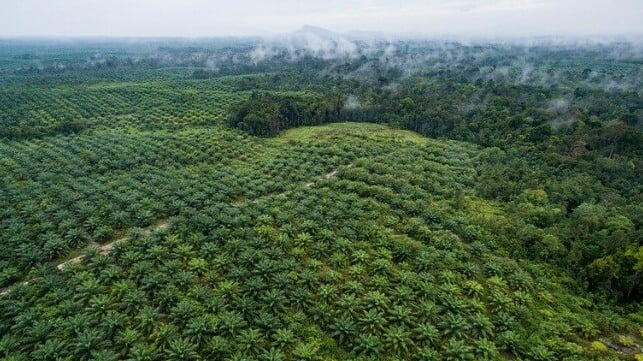EU Investigates Integrity Issues in Biofuel Certification Process
Recently, the conversation around biofuels in Europe has heated up. Reports indicate that the EU is considering halting the recognition of ISCC certification for waste-based biofuels. The International Sustainability and Carbon Certification (ISCC) plays a crucial role in ensuring that biofuels entering the EU meet sustainability standards outlined in the renewable Energy Directive (RED) II.
The EU committee focused on Biofuel Sustainability recently met to address increasing instances of fraud within this sector. While details from these discussions remain under wraps, it seems they are leaning towards recommending a 2.5-year suspension of ISCC certifications for waste-derived biofuels to the European Commission. If approved by all 27 member states, individual countries could choose whether or not to accept these certificates.
A notable influx of imports from Southeast Asia has raised red flags regarding compliance with EU regulations. Critics point fingers at ISCC’s lax verification processes as a contributing factor; it’s currently one of the largest certifiers for feedstocks. Alarmingly, European fuel regulators estimate that around 1.8 million tons of fraudulent Palm Oil Mill Effluent (POME)—a byproduct used in biodiesel production—made its way into Europe this year alone.
“according to data released by the European commission last December, about one-third of used cooking oil (UCO) is likely counterfeit and may be sourced directly from virgin palm oil,” shared James Cogan, Director at ClonBio Group during an interview with S&P Global. this is concerning because using virgin palm oil disqualifies it from renewable energy incentives under RED II due to its links with deforestation issues abroad.
This proposal comes at a pivotal moment when Europe’s shipping industry is beginning its transition toward using ISCC-certified biofuels as part of their green initiatives.
The ISCC association expressed surprise over this proposed suspension while acknowledging ongoing discussions within the EU Biofuels Committee.
This move adds momentum to growing skepticism surrounding biofuel usage in shipping sectors worldwide. Next week’s MEPC 83 meeting hosted by IMO will delve into various mid-term strategies aimed at promoting greener shipping practices. Some major players like Hapag lloyd and environmental groups have already voiced concerns about rampant biofuel use within maritime operations.
If trends continue as projected, nearly one-third of global shipping could potentially run on biofuels by 2030—a significant jump from less than one percent today! A study conducted by transport NGO T&E suggests that achieving this would require diverting approximately 300 million bottles worth of vegetable oils daily for ship fuel needs—primarily palm and soy oils—resulting in an estimated need for farmland equivalent to Germany’s total area: around 3.4 million hectares! This raises serious questions about resource allocation between food production and energy needs moving forward.


Comments are closed, but trackbacks and pingbacks are open.